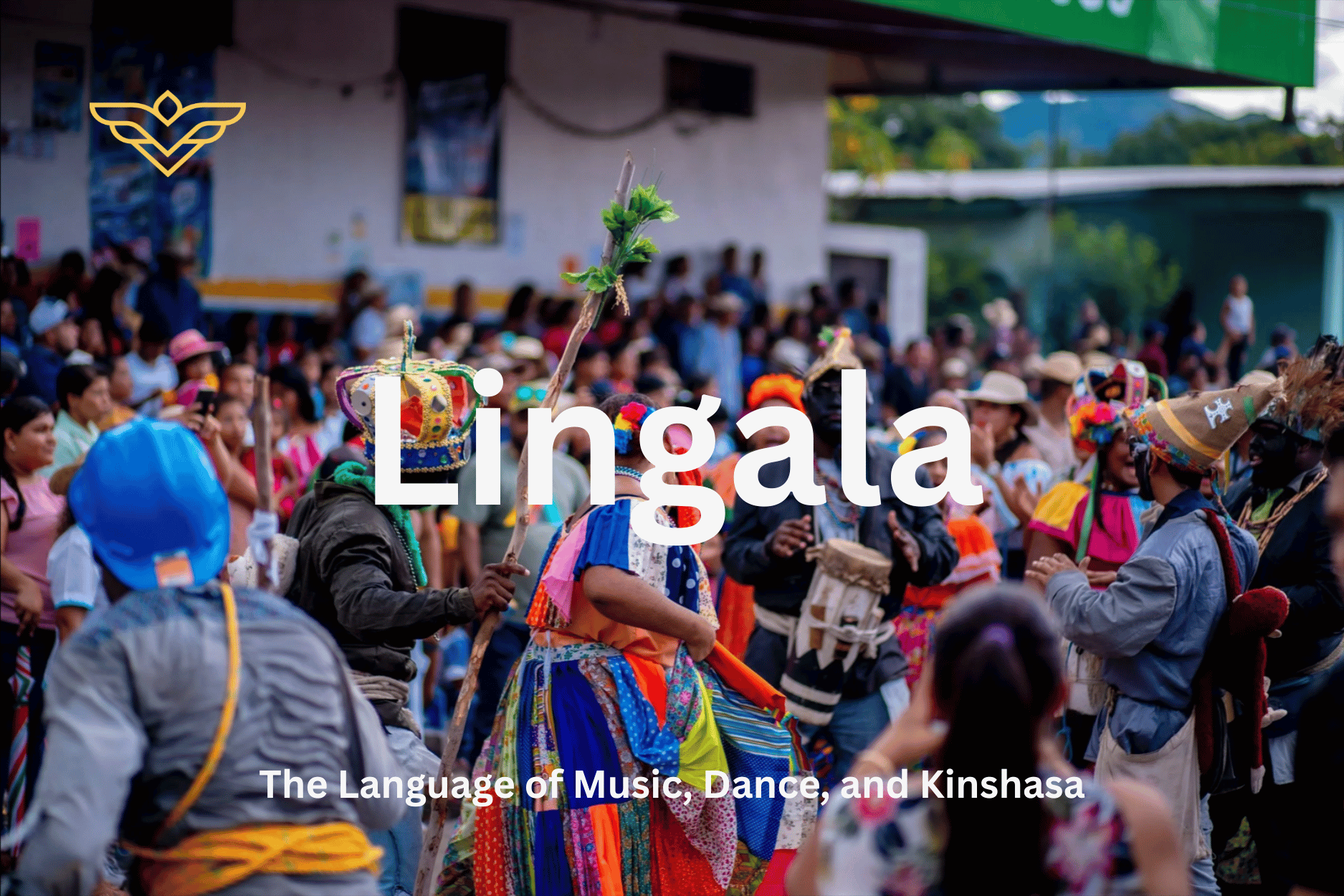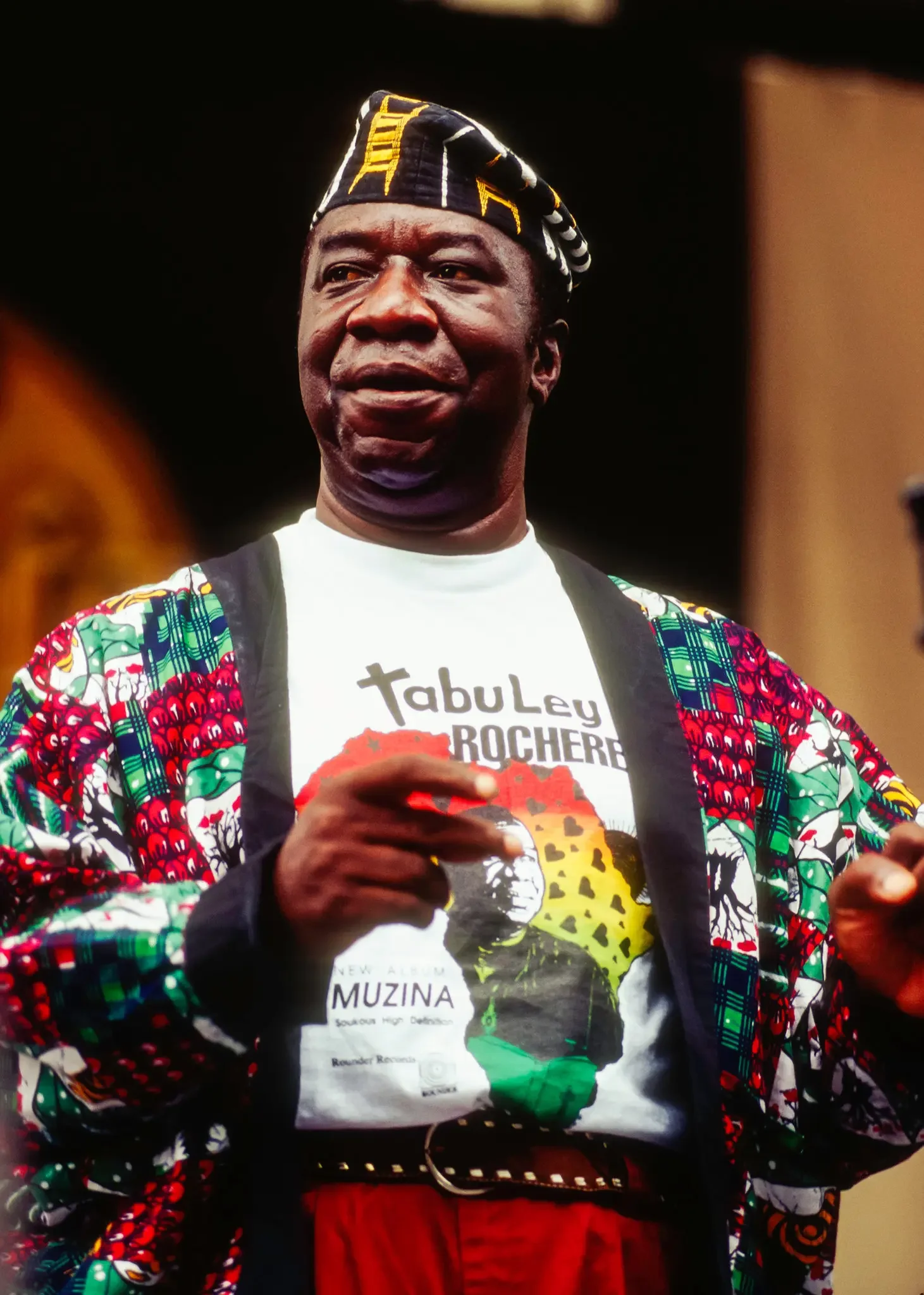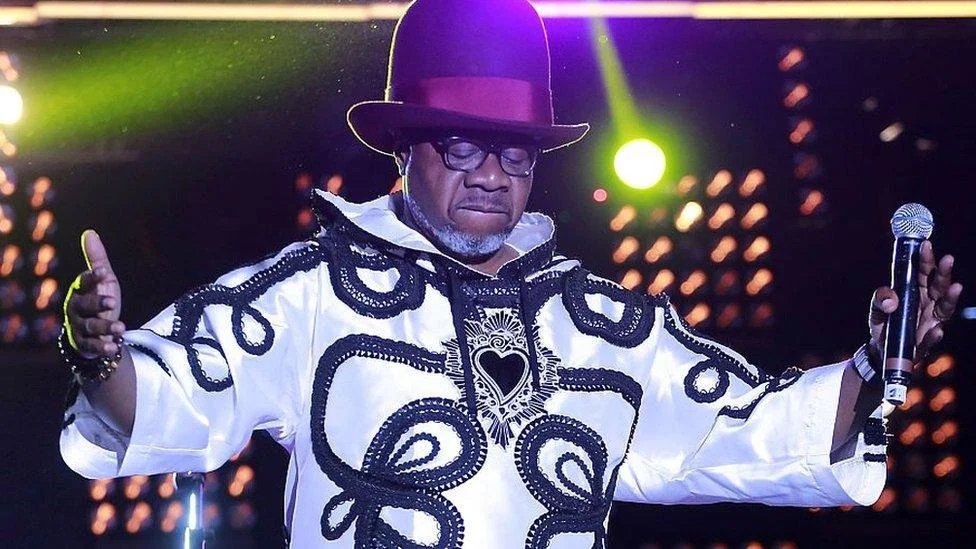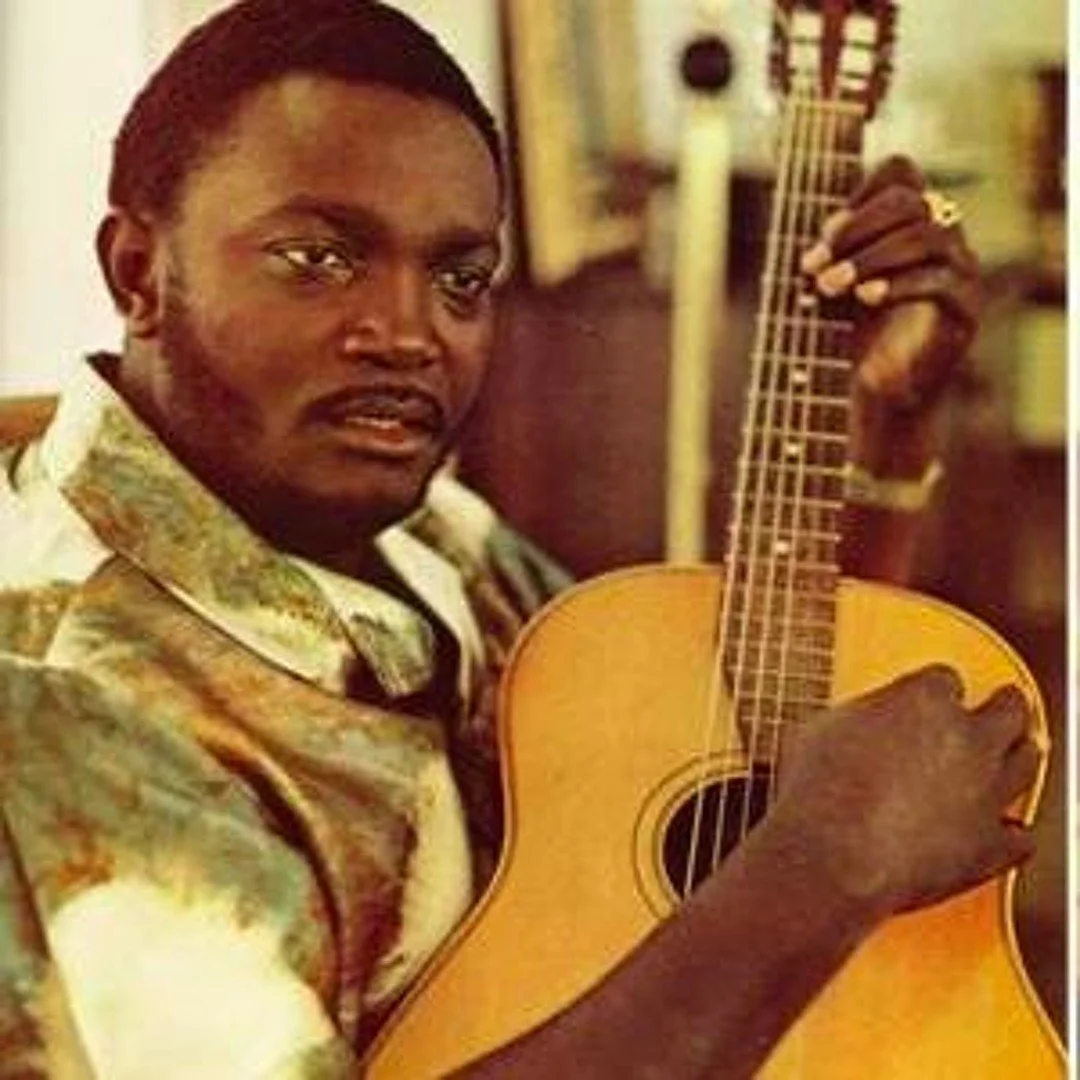Lingala: The Language of Music, Dance, and Kinshasa
By: Chimdindu Ken-Anaukwu
If languages were people, Lingala would be that stylish uncle who never runs out of rhythm, stories, or swagger. Spoken across the Congo River Basin (Democratic Republic of Congo and Republic of Congo), Lingala is more than words; it is a living soundtrack. When you think of Kinshasa, you don’t just hear traffic horns; you hear guitars strumming, feet moving, and voices chanting. And at the center of all that pulse? Lingala.
A Language Born for Rhythm
Lingala wasn’t originally designed as a “big city” language. It started as a riverine trade tongue used by soldiers, traders, and workers along the Congo River. But like a catchy song, it spread quickly. Its soft vowels, playful tone, and lyrical phrasing made it a natural fit for music. Soon enough, singers and poets realized: Lingala is not just for communication, it’s for performance.
Kinshasa: The Stage Where Lingala Shines
Kinshasa, one of Africa’s cultural powerhouses, is where Lingala truly became iconic. The city gave birth to genres like Congolese Rumba and Soukous. If you’ve ever danced to Papa Wemba, Tabu Ley Rochereau, or Koffi Olomidé, you’ve already moved to Lingala’s rhythm. The language flows with the music, shaping not just lyrics but the way artists express love, heartbreak, joy, and everyday life.
Fun fact: Many people across Africa don’t speak Lingala fluently but know entire songs word-for-word. Try humming Franco’s “Mario” in Nairobi or singing Koffi Olomidé’s hooks in Lagos; someone will join in.
Dance: When Lingala Walks, It Dances
Dance and Lingala go together like jollof and spice. Soukous dance moves, with their fast-paced hip movements, are inseparable from the language’s musicality. Even the everyday way Lingala speakers gesture and move carries rhythm. This is why Congolese performers dominate African stages, they don’t just sing, they embody their language.
Lingala’s Influence Across Africa
Lingala’s reach goes beyond Congo. In Central and East Africa, Lingala songs are staples at weddings, parties, and family gatherings. Radio stations from Kigali to Kampala blast Lingala hits. Even non-speakers pick up Lingala phrases through music; words like bolingo (love) or mwana (child) slip into everyday speech.
Why Learning Lingala Matters Today
Learning Lingala isn’t just about picking up a language, it’s about plugging into an entire cultural movement. To speak Lingala is to sing, to dance, to join a tradition of joy and resilience. Whether you’re a music lover, a dancer, or just curious about African culture, Lingala is your backstage pass to the pulse of Kinshasa.
And here’s the exciting news: NKENNE will soon be releasing Lingala on our platform! That means very soon, you’ll not only vibe to Lingala music; you’ll understand, speak, and connect with it like a true insider. Watch out for the launch, because Kinshasa’s heartbeat is coming to your pocket.
FAQs About Lingala
1. Where is Lingala spoken?
Lingala is spoken mainly in the Democratic Republic of Congo and the Republic of Congo, especially in urban centers like Kinshasa and Brazzaville.
2. Is Lingala hard to learn?
Not at all! Lingala has a simple structure compared to many African languages. Plus, its musical nature makes it fun to pick up.
3. Why is Lingala called the language of music?
Because it dominates African music scenes, from Congolese rumba to soukous, and its lyrical flow makes it perfect for song.
4. Do you need to know Lingala to enjoy Congolese music?
No, but understanding even a little Lingala will make the music more meaningful. Imagine knowing exactly what Koffi Olomidé is whispering when the crowd screams!
5. Can I learn Lingala with NKENNE?
Yes! NKENNE is adding Lingala soon. From everyday greetings to music-inspired lessons, you’ll feel at home in Kinshasa’s soundscape.
Final Thoughts
Lingala is more than language; it’s a dance, a drumbeat, a city’s heartbeat. Kinshasa moves because Lingala moves. So next time you hear that guitar riff or that smooth rumba line, remember: you’re not just hearing music. You’re hearing Lingala, Africa’s language of rhythm.
Get ready! Lingala is launching soon on NKENNE. Download the app today and be the first to experience it.






